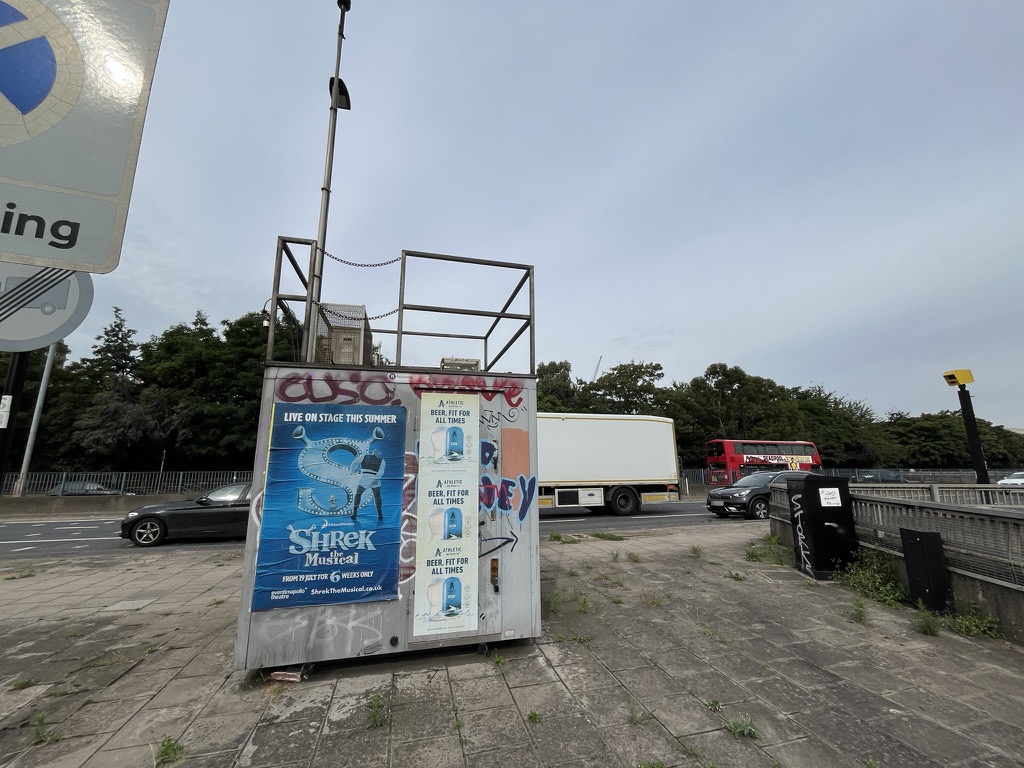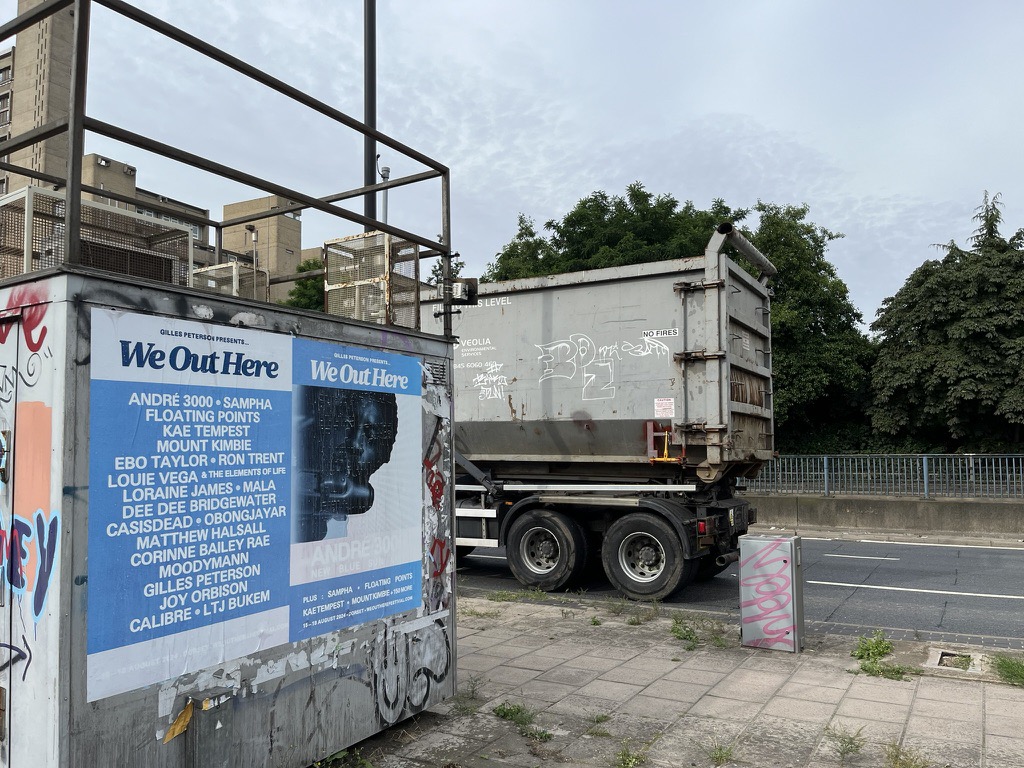Tolling Blackwall: Congestion and Pollution
TfL have now associated the proposed toll for the Blackwall with guarding against congestion and poor air quality - as opposed to just paying for the new tunnel. A BBC article on this
‘TfL said without the charges “there would likely be high levels of traffic and congestion, which would lead to detrimental air quality impacts and longer journey times”.’
It is important that congestion and air quality considerations around an existing tunnel are not conflated into a toll that was originally designed to pay for the construction of a new tunnel. Here are the factual considerations of TfL’s attempts to sneak congestion and air quality into the toll.
- The Silvertown Tunnel is a new tunnel designed to take some of the traffic that would otherwise use the Blackwall Tunnel. So even if zero vehicles used the new tunnel the congestion at Blackwall would not get worse - it would remain at the current level (for equal traffic conditions). To argue that congestion and air quality will get worse if vehicles opt to use Blackwall instead of Silvertown is false.
- If TfL were genuinely concerned about congestion levels they should have built the Silvertown tunnel so that its Southern bore does not merge into the A102 immediately next to the Blackwall Tunnel’s Southern bore.
- Congestion on the Blackwall Tunnel approach roads is already bad and the new tunnel was proposed as a way to alleviate that. The Northern approach routinely has queues extending for more than 1 km. Air Quality in England has a permanent air monitoring site immediately adjacent to the A12 where congestion is bad: https://www.airqualityengland.co.uk/site/data?site_id=TH004. If you visit its exceedence summary page for nitrogen dioxide you can see that while the values are elevated they are nonetheless classed as low (hourly, daily and annual averages). This site is analysing air about 2 metres from the kerbside and the values are classed as low! We are not considering a bleak situation of highly toxic air that must be improved at all costs. Rather, the Silvertown tunnel will help to reduce air pollution a little bit more from a relatively good state for such a busy road.


- Given that TfL claim so much concern about congestion you might think that they would make the maximum number of road lanes through the tunnel available to vehicles of all types to keep traffic moving through the tunnel as efficiently as possible. If you thought that then you are misinformed according to TfL. One of the two lanes in each direction will be a bus lane. There is currently one bus using the Blackwall Tunnel (the 108). You would hope that there will be more than one new bus route using 50% of the available lanes in the Silvertown tunnel! But the overarching point is that anyone seriously concerned with reducing congestion would make all lanes open to as many vehicle types as possible. The obvious conclusion to be drawn from how TfL have designed Silvertown tunnel is that they do not care about congestion all that much.
- TfL state on their consultation page “Without these charges, traffic would increase in both tunnels, drivers would continue to experience major delays and air pollution would increase.” Which sounds a lot like “we built a tunnel to increase traffic capacity, but we will introduce a charge to discourage drivers from using our tunnels”. So did TfL want to reduce congestion by increasing river crossing capacity or by imposing a financial burden to discourage drivers? Either way TfL did not request legislative permission to charge drivers as a method of decreasing congestion. Here is the legislation:
“57. The charges payable under this Part, and any penalty charges imposed in connection with this Part, may be applied by TfL in—
(a) paying the costs and expenses incurred in planning, consenting, designing, constructing, managing, operating and maintaining the Silvertown Tunnel (including in relation to the implementation of necessary mitigation) and any costs associated with financing any of the same;
(b) paying the costs and expenses incurred in managing, operating and maintaining the Blackwall Tunnel and any costs associated with financing any of the same;
(c) providing such funds as are, or are likely to be, necessary to discharge TfL’s obligations contained in any agreement entered into by TfL under article 59 (transfer of benefit of Order, etc.);
(d) making payment into any maintenance or reserve fund kept in respect of the Silvertown Tunnel or the Blackwall Tunnel; and
(e) making payments to TfL’s general fund.
”
https://www.legislation.gov.uk/uksi/2018/574/article/57
i.e. TfL have applied for legal permission to charge as a way to cover the constructions costs and maintenance; they have not applied to charge users as a way of controlling congestion.


